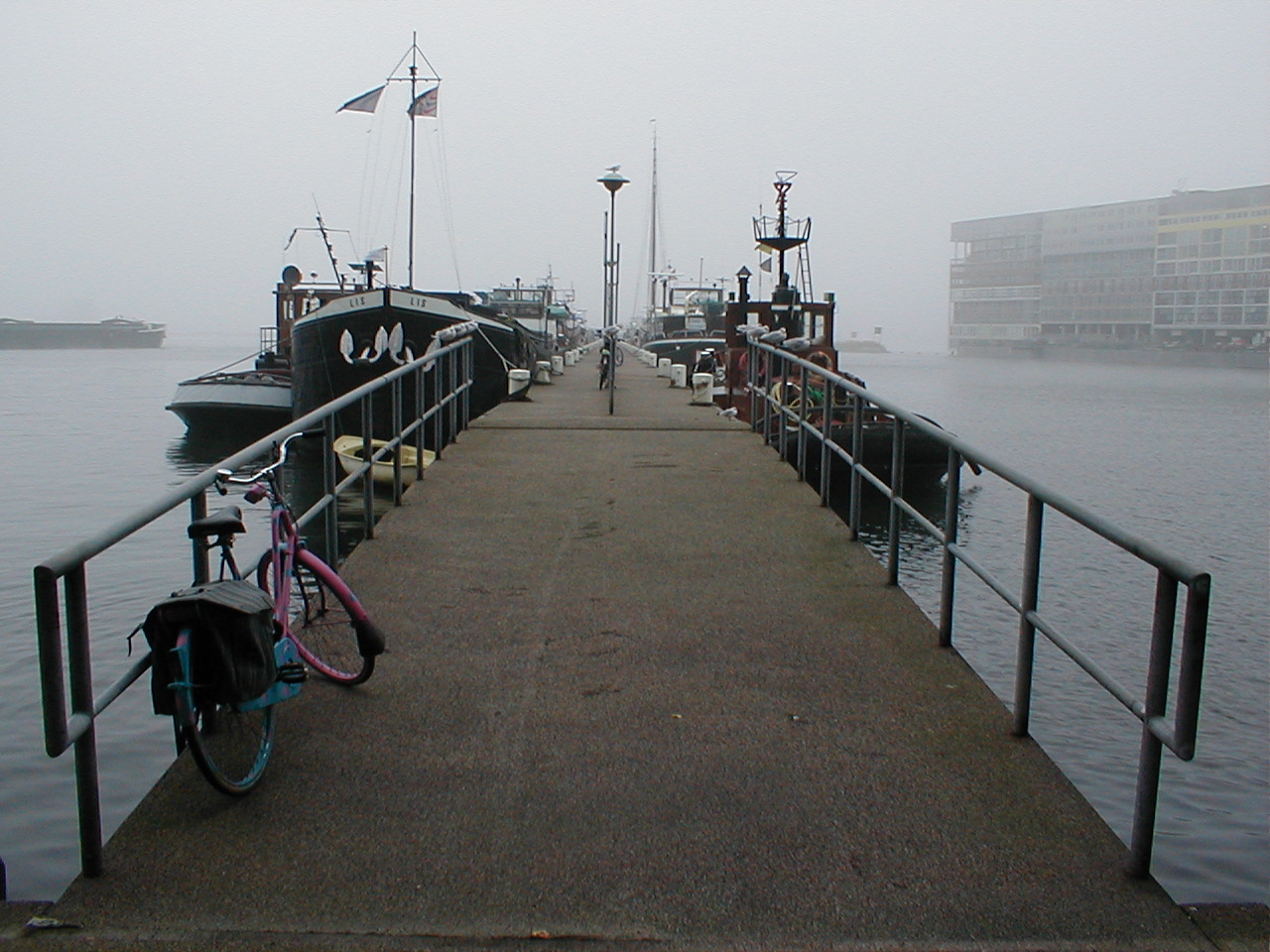공지사항
| Thailand Rehab Centre At A Glance | Gilberto Oddo | 24-01-23 02:09 |
|
Introduction:
Alcohol detachment is a condition which takes place when individuals suddenly stop or significantly lower their alcohol intake after prolonged durations of heavy drinking. It really is a complex and possibly deadly condition that affects many people globally. This report is designed to provide an extensive breakdown of liquor withdrawal, including its signs, treatments, and management methods. Signs and symptoms of Alcohol Withdrawal: The beginning and seriousness of alcohol withdrawal symptoms vary among individuals, based on elements such as the amount and timeframe of alcohol consumption and an individual's all around health. Typical symptoms include tremors, anxiety, frustration, nausea, vomiting, sleeplessness, increased heart rate, and sweating. In serious instances, people may experience hallucinations, seizures, or delirium tremens (DTs), a potentially deadly condition described as agitation, confusion, hallucinations, and fluctuating levels of consciousness. Treatments: When coping with alcohol detachment, it is necessary to seek medical guidance and assistance. The main goal of treatment solutions are to safely manage withdrawal symptoms, avoid complications, and facilitate the transition to sobriety. Doctors can evaluate the severity of signs and figure out the appropriate degree of care. In moderate cases, outpatient therapy can be administered, while more severe cases may require hospitalization.  Medicines widely used in alcoholic beverages detachment therapy include benzodiazepines, which help reduce anxiety, relieve symptoms, and stop seizures. Other medications including antipsychotics, anticonvulsants, and beta-blockers is employed to handle certain signs or co-occurring conditions. In addition, vitamin supplements, particularly thiamine (vitamin B1), tend to be recommended to prevent or treat potential inadequacies involving exorbitant drinking. Medicines widely used in alcoholic beverages detachment therapy include benzodiazepines, which help reduce anxiety, relieve symptoms, and stop seizures. Other medications including antipsychotics, anticonvulsants, and beta-blockers is employed to handle certain signs or co-occurring conditions. In addition, vitamin supplements, particularly thiamine (vitamin B1), tend to be recommended to prevent or treat potential inadequacies involving exorbitant drinking.Management Strategies: In addition to medical interventions, different methods can be employed to control liquor detachment effectively. 1. Supportive Care: Offering a supportive environment promotes a feeling of safety and convenience. This includes ensuring correct diet, hydration, and rest, as well as keeping track of essential indications and dealing with any medical complications which could occur during withdrawal.  2. Psychotherapy: looking for mental health help, such counseling or psychotherapy, can play a crucial role in addressing fundamental emotional or emotional conditions that donate to alcohol dependency. These treatments help people develop dealing methods, manage causes, and establish healthier alternatives to alcohol. 2. Psychotherapy: looking for mental health help, such counseling or psychotherapy, can play a crucial role in addressing fundamental emotional or emotional conditions that donate to alcohol dependency. These treatments help people develop dealing methods, manage causes, and establish healthier alternatives to alcohol.3. Rehabilitation products: participating in Jintara Rehab programs, such as for instance inpatient or outpatient treatment centers, can provide a structured and supporting environment for people looking for long-term recovery. These programs usually combine medical treatments, guidance, and peer help to deal with the physical, psychological, and personal areas of liquor addiction. 4. Follow-up Care: After completing initial cleansing and therapy, people should continue to look for ongoing care. This might include taking part in support groups, going to regular treatment sessions, and receiving follow-up evaluations to make certain proper actual and psychological state. Conclusion: Alcohol detachment is a difficult condition that will require medical help and extensive assistance. Knowing the symptoms, treatment options, and administration techniques can greatly facilitate helping people properly navigate the detachment procedure and attain long-lasting data recovery. By providing proper care and sources, we could improve outcomes for those wanting to overcome alcohol addiction. |
||
| 이전글 Using Rehab In Thailand |
||
| 다음글 10 Apps That Can Help You Control Your Best American Style Fridge Freezer |
||
댓글목록
등록된 댓글이 없습니다.







